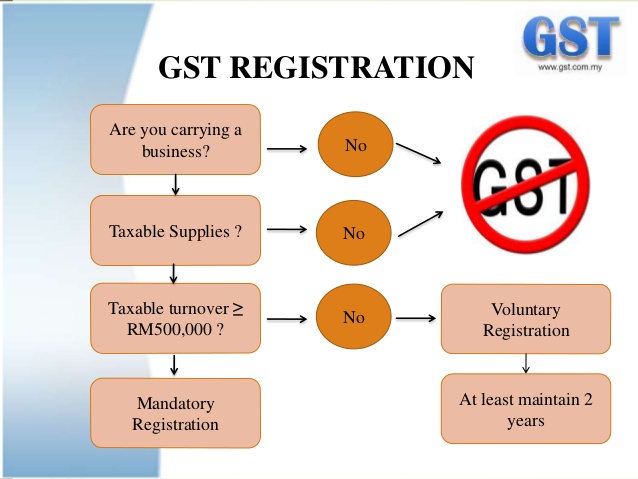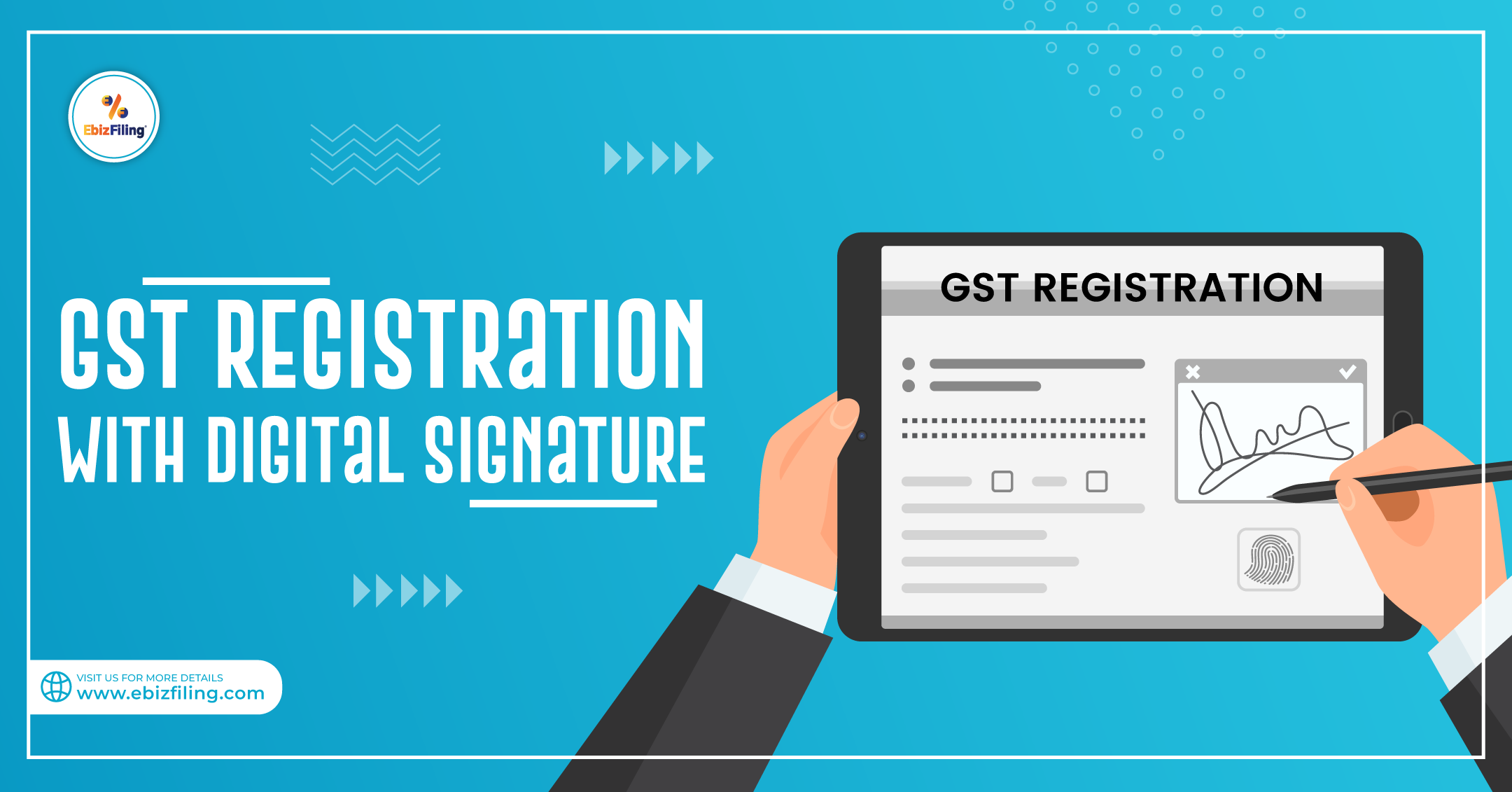Step-by-Step Process for Singapore GST Registration Explained
Step-by-Step Process for Singapore GST Registration Explained
Blog Article
Navigating the Intricacies of GST Enrollment: Expert Tips and Best Practices for Smoother Conformity
Browsing the detailed landscape of Product and Services Tax (GST) enrollment demands an eager understanding of the evolving regulative structure and thorough attention to information. As businesses aim to ensure compliance and avoid risks, expert support and finest techniques can function as invaluable compass factors in this facility terrain. From deciphering enrollment needs to utilizing technical tools for streamlined processes, the journey towards smoother GST conformity is nuanced and complex. Keep tuned to uncover essential techniques and insights that can assist organizations steer via the intricacies of GST registration with finesse and self-confidence.
Recognizing GST Registration Requirements

Along with turn over limits, companies engaging in interstate sales or giving taxed services may also be needed to register for GST, also if their turnover is below the prescribed limit (Singapore GST Registration). Understanding these limits and demands is important to prevent penalties and ensure smooth procedures within the lawful framework
Moreover, services have to gather and prepare the necessary documents, such as proof of identification, address, organization consolidation, and savings account information, before starting the GST enrollment process. Failing to supply accurate details or meet the enrollment deadlines can lead to fines or other lawful repercussions. Organizations ought to stay notified concerning the specific GST enrollment demands suitable to their procedures to maintain compliance and prevent potential problems.
Organizing Essential Documentation
Organizations starting the GST enrollment procedure should carefully put together and organize the essential documents required for entry. The crucial papers normally needed for GST registration include proof of business enrollment or unification, identification and address evidence of business owners or companions, financial institution account details, proof of major place of organization, and permission types. Making sure that these documents are easily offered and organized can enhance the registration process and avoid hold-ups or rejections.
To efficiently organize essential documents, businesses need to create a central system for saving and categorizing the required documentation (Singapore GST Registration). Utilizing digital storage solutions can help keep very easy access and guarantee that papers are securely stored. In addition, developing a list of all essential files can function as a valuable device to track what has been gathered and what is still needed for submission

Leveraging Modern Technology for Performance
Enhancing functional effectiveness via technological combination is extremely important for modern companies browsing the complexities of GST enrollment. One of the key methods modern technology can aid in GST registration is via the usage of automated software solutions.
Additionally, modern technology can promote smooth interaction with tax authorities. Online portals and communication devices enable services to submit documents, resolve questions, and get updates in an extra effective manner. This not just expedites the enrollment process but likewise aids in preserving trustworthy and transparent interaction with the appropriate authorities.
In addition, cloud-based storage space services supply a safe and secure system for organizations to store and gain access to their monetary data, making certain conformity with GST record-keeping requirements. By systematizing data storage and automating procedures, organizations can boost their total performance and accuracy in GST registration procedures.
Proactive Compliance Monitoring

To make certain reliable positive compliance monitoring, businesses should develop durable inner controls, conduct routine audits, and utilize automation devices for real-time monitoring of GST transactions. Regular training sessions for workers on GST conformity demands can additionally assist in creating a society of conformity within the company. Additionally, involving with tax consultants Discover More or specialists can supply important understandings and support on navigating complex GST policies.
Involving With Expert Professionals
Engaging experienced tax experts can substantially bolster a business's understanding and compliance with complex GST regulations. Professional professionals bring a riches of expertise and experience to the table, helping organizations navigate the intricacies of GST enrollment easily. By leveraging their proficiency, firms can make sure precise filings, reduce the risk of mistakes, and stay current with the most recent governing modifications.
When involving with expert like it professionals, it is vital to pick experts with a strong record in GST compliance (Singapore GST Registration). Look for specialists who have a deep understanding of the relevant laws and policies, in addition to experience dealing with services in your sector. Reliable interaction is type in this collaboration, so make certain to plainly specify your assumptions and establish regular touchpoints to discuss progress and address any concerns
Furthermore, expert consultants can provide valuable understandings and suggestions on maximizing your tax obligation method, determining prospective cost-saving opportunities, and improving your compliance processes. In general, investing in expert working as a consultant solutions can go a lengthy method in making certain smoother GST conformity and preventing costly mistakes.
Conclusion
Finally, browsing the intricacies of GST registration needs a thorough understanding of the requirements, company of crucial documents, leveraging innovation for effectiveness, positive compliance monitoring, and engagement with specialist specialists. By complying with these finest practices, businesses can ensure smoother compliance with GST policies and avoid prospective fines or penalties. It is important to stay educated, proactive, and diligent in taking care of GST registration to keep conformity and maintain financial stability.
To guarantee conformity with tax laws, services must extensively understand the complex requirements for GST enrollment. Product and Provider Tax (GST) is a value-added tax imposed on the majority of items and solutions in a nation, making it crucial for organizations to click this sign up for GST to avoid legal repercussions.In addition, companies should collect and prepare the needed documentation, such as evidence of identity, address, service consolidation, and financial institution account details, before launching the GST registration process. Businesses ought to remain informed concerning the specific GST enrollment demands relevant to their procedures to keep conformity and prevent possible issues.
The key records generally required for GST enrollment consist of proof of company enrollment or address, incorporation and identity evidence of the service proprietors or partners, bank account details, evidence of principal location of organization, and consent types.
Report this page